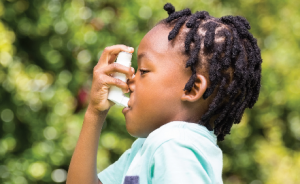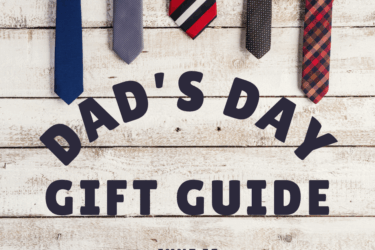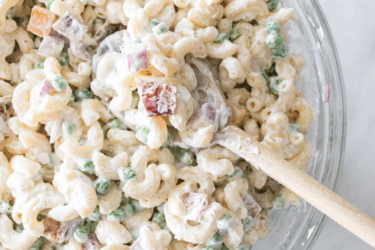Just because your kid has asthma or is allergic to peanuts, doesn’t mean they have to compromise camps and summer fun with their friends. It’s scary — especially when you’re a growing kid just trying to fit in. You can teach your child how to be his own advocate, and eventually stop intervening. Explore the camps, first.
Stephanie Logsdon, M.D., Division of Allergy and Immunology at Cincinnati Children’s Hospital Medical Center, suggests that you ask lots of questions.
“Discuss locations of emergency medical services,” Logsdon says. “It is important to go over where emergency medications are kept, and who will be helping your child administer any rescue medications.”
Bring your child to your meetings. This will give him a sense of empowerment and confidence if he has to work with a counselor to remedy an asthma attack. Discuss and create a plan for your child’s asthma (and food allergies) before the fun begins.
BEING PREPARED
Before going out for the day, increase your child’s confidence level by practicing what he can do in the event that a health issue comes up. The more he practices, the more empowered he’ll be to handle his asthma or allergy issue without you.
Label your child’s medicine with his name and show him exactly where it will be at all times.
“Children should always have their rescue medications available to them at all times,” says Logsdon. “Let your child know who he should tell if he needs his medications,” she adds. “This is especially important for asthma inhalers and epinephrine. Work with your doctor to create a food allergy or asthma action plan; bring a copy of the asthma action plan or food allergy action plan with you.”
DON’T COMPROMISE FUN
Your child should know he is not alone, and asthma and food allergies are common among young kids and adults. Soon he will learn that no inhaler or microscopic food allergy can hold him back!
“Talk with your child about the foods he’s allergic to, or what things cause the asthma to flare,” suggests Logsdon. “These are very important things to discuss as a team. Medicines and treatment plans will help them stay active and involved.”
YES, HE CAN! HELP YOUR CHILD ADVOCATE FOR HIMSELF
- PRACTICE. Work with your child at home, and repeat how to use his medications.
- HAVE “THE TALK.” Talk about the importance of your child telling an adult if he feels sick (from a food symptom or an asthma attack). If he is too young for the responsibility, he may be too young to be on his own without you.
- READ LABELS. Kids with food allergies must learn to read food labels and to recognize which food items he cannot eat in the label.
- KEEP SUPPLIES UP. Work with your child to build his responsibility up for his inhaler or epi pen.
- GET MEDICAL ALERT ID. A medical alert identification bracelet or necklace is helpful for your child to have, especially during the times they are away from you.





